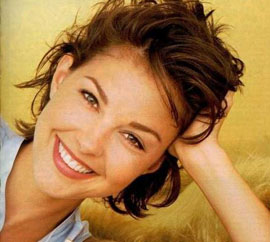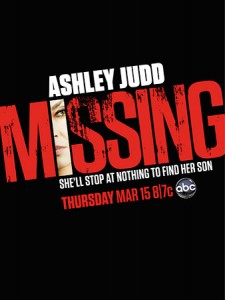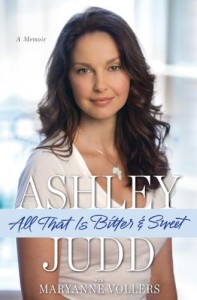
Lord of the Rings director Peter Jackson is one of the first men to bring the sexual harassment conversation forward by exposing Harvey Weinstein’s wrath, admitting that actresses Mira Sorvino and Ashley Judd were indeed blacklisted by Weinstein. Though Lord of the Rings ultimately ended up at New Line Cinema, Jackson details early conversations with Weinstein about casting, in which he poisoned the well on the actresses who declined his sexual advances. When Weinstein countered his memory, Jackson stood firm. Kudos to you, Peter.
[M]any conversations occurred internally regarding potential casting. Fran Walsh and I recall . . . some of the names discussed with Miramax for possible roles in The Lord of the Rings movies. . . . Fran and I expressed our enthusiasm for Ashley Judd and Mira Sorvino. In fact we met with Ashley and discussed two possible roles with her. After this meeting we were told by Miramax to steer clear of both Ashley and Mira, because they claimed to have had “bad experiences” with these particular actresses in the past. . . We have no reason to make it up.



